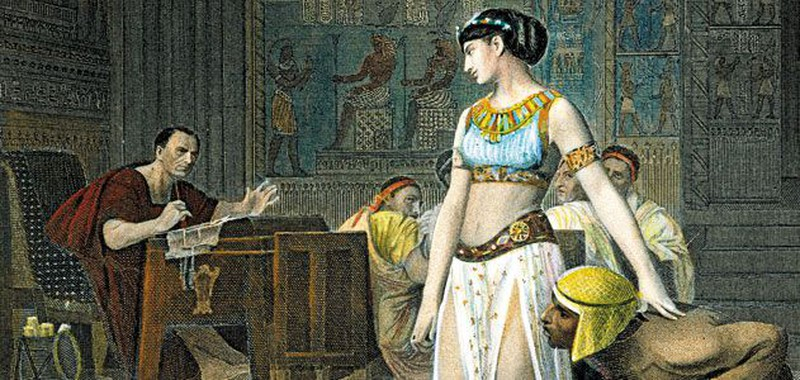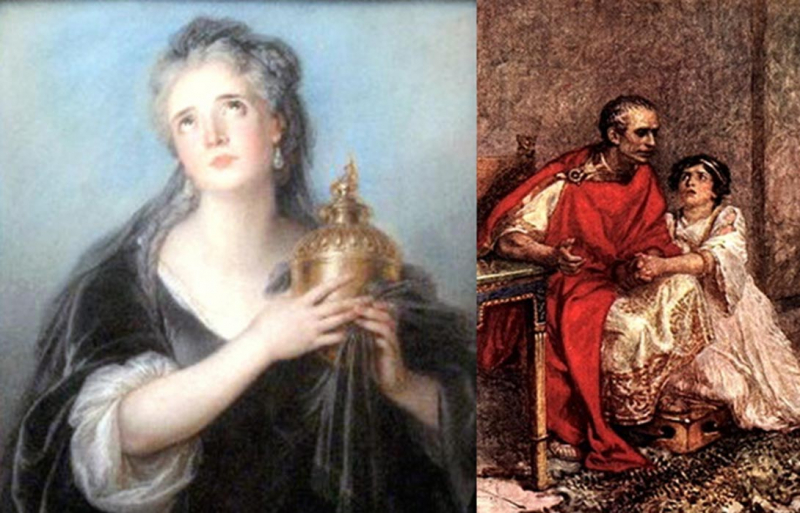His love life was complicated
In 84 B.C., when still a youth, Caesar wed Cornelia, who would become his first wife. Within a few years, a general by the name of Lucius Cornelius Sulla seized control of the roman republic and executed everyone he deemed to be an enemy of the government. Sulla had been an adversary of Lucius Cornelius Cinna, Caesar's father-in-law (d. 84 B.C.). Sulla commanded Caesar to divorce Cornelia as a result, but Caesar refused. Caesar left Rome and became a fugitive since he was aware that such defiance might cost him his life. Caesar developed malaria while fleeing and was subsequently apprehended by one of Sulla's troops, who made him pay a hefty bribe nearly all of his money to escape. Caesar was reunited with Cornelia in Rome when some of his powerful friends and family members eventually convinced Sulla to permit them to leave. In 76 B.C., the couple gave birth to Julia Caesaris, a daughter.
Caesar wed Pompeia, a Sulla descendant, in 67 B.C. after Cornelia passed away in 69 B.C. Pompeia attended the Bona Dea ("good goddess") festival, an annual meeting of Roman women that was hosted at Caesar's home in 62 B.C., when Caesar was acting as the "pontifex Maximus," or head priest, of the state government. The celebration was intended to be for ladies only, but a young aristocrat posed as a woman and interrupted the party. He was discovered at some time throughout the evening. There was a scandal, and it was said that the man was either trying to seduce Pompeia or was in love with her. Caesar decided to divorce Pompeia even though it was unclear whether she had voluntarily participated in the incident. He stated that his wife "must be above suspicion."
Calpurnia, Caesar's third wife, was a teenager when they wed in 59 B.C., and they remained together until his death. He was a notorious womanizer who had several mistresses, including Cleopatra VII, the Egyptian queen, and Servilia, whose son Marcus Brutus participated in the assassination of Caesar in 44 B.C.












